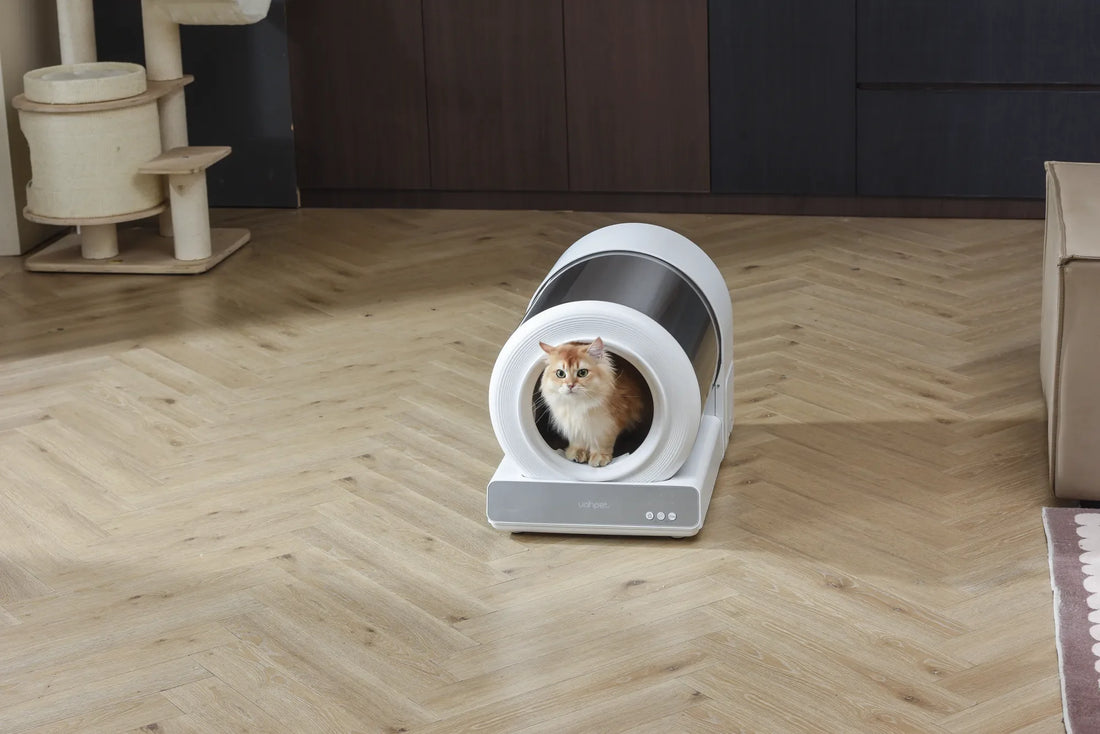If your cat pees next to the litter box, you're not alone. This frustrating behavior is a common issue among cat owners, but understanding the reasons behind it can help you find a solution. Cats are creatures of habit, and when they deviate from their usual routines, it's often a sign that something is wrong. Whether it's a medical issue, a problem with the litter box, or stress, addressing the root cause is essential to restoring harmony in your home.
Medical Issues That Cause Inappropriate Urination
One of the first things to consider when your cat pees next to the litter box is their health. Cats are masters at hiding pain and discomfort, so inappropriate urination can be a subtle cry for help. Urinary tract infections (UTIs), bladder stones, and kidney disease are common medical conditions that can cause your cat to avoid the litter box. These conditions can make urination painful, leading your cat to associate the litter box with discomfort.
If you notice other symptoms such as frequent urination, blood in the urine, or excessive grooming of the genital area, it's crucial to consult your veterinarian. Early diagnosis and treatment can prevent the issue from escalating and help your cat return to their normal habits.
Litter Box Problems That Drive Cats Away
Sometimes, the problem lies with the litter box itself. Cats are particular about their bathroom habits, and even small changes can make them avoid the litter box. Here are some common litter box issues to consider:
- Size: A litter box that's too small can make your cat feel cramped and uncomfortable.
- Cleanliness: Cats are clean animals, and a dirty litter box can be a major turnoff. Make sure to scoop the litter box daily and change the litter regularly.
- Location: If the litter box is in a noisy or high-traffic area, your cat may feel too stressed to use it. Choose a quiet, private location for the litter box.
- Type of Litter: Some cats are sensitive to certain types of litter. Experiment with different textures and scents to find one your cat prefers.
By addressing these factors, you can create a more inviting environment for your cat to do their business.
Stress and Anxiety: Hidden Culprits
Cats are sensitive creatures, and stress or anxiety can lead to behavioral changes, including peeing outside the litter box. Changes in the household, such as a new pet, a move, or even rearranged furniture, can trigger stress in your cat. Additionally, conflicts with other pets or a lack of mental stimulation can contribute to anxiety.
To reduce stress, try to maintain a consistent routine and provide plenty of enrichment for your cat. Interactive toys, scratching posts, and cozy hiding spots can help your cat feel more secure. If the issue persists, consider consulting a feline behaviorist for personalized advice.
How to Clean and Neutralize Urine Stains
When your cat pees next to the litter box, it's important to clean the area thoroughly to prevent repeat incidents. Cats have a strong sense of smell, and lingering odors can encourage them to return to the same spot. Use an enzymatic cleaner specifically designed for pet urine to break down the odor-causing molecules. Avoid using ammonia-based cleaners, as they can mimic the smell of urine and attract your cat back to the area.
After cleaning, consider placing a litter box or a deterrent, such as aluminum foil or double-sided tape, in the area to discourage your cat from peeing there again.
When to Seek Professional Help
If you've tried addressing medical issues, litter box problems, and stress but your cat continues to pee next to the litter box, it may be time to seek professional help. A veterinarian can rule out underlying health conditions, while a feline behaviorist can provide tailored strategies to modify your cat's behavior. Remember, patience and consistency are key when working with your cat to resolve this issue.
Understanding why your cat pees next to the litter box is the first step toward finding a solution. By addressing medical concerns, improving the litter box environment, and reducing stress, you can help your cat return to their usual habits. With a little effort and understanding, you and your feline friend can enjoy a happier, cleaner home.













